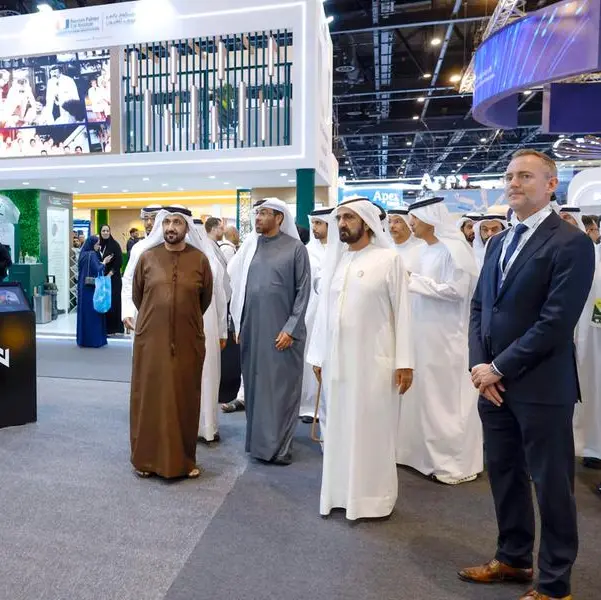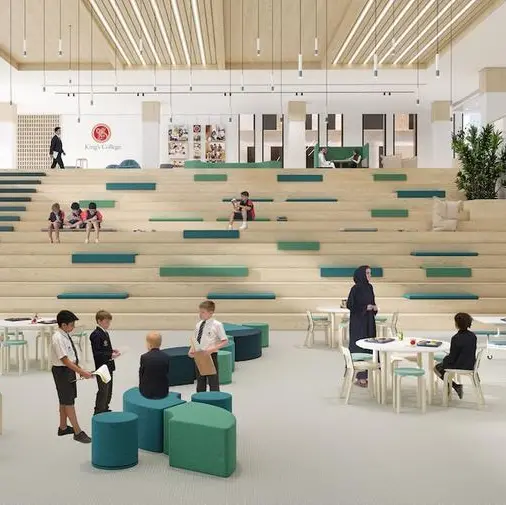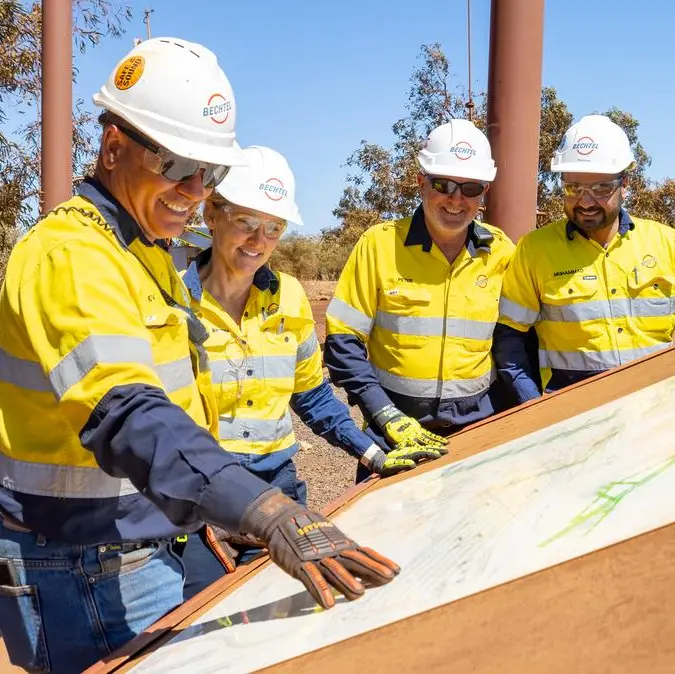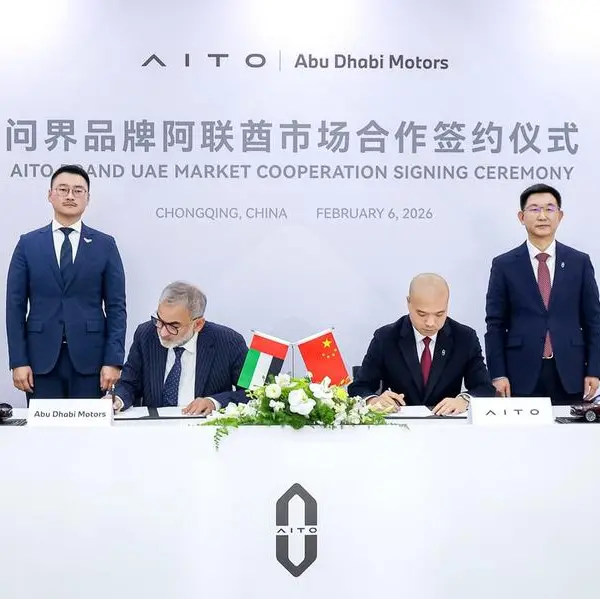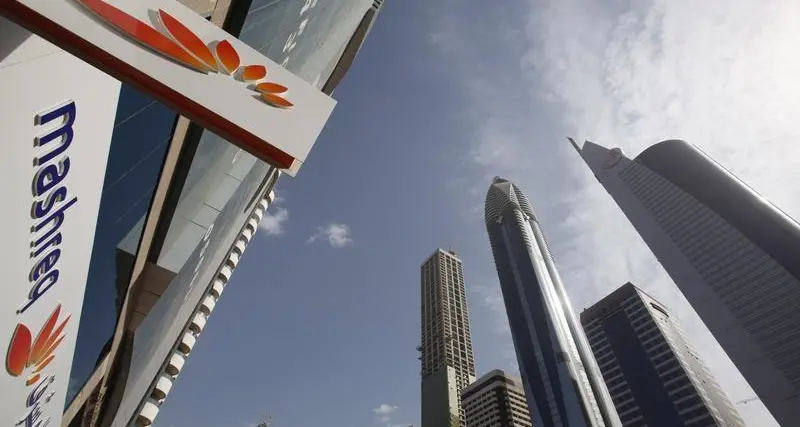Healthcare expert highlights need for collaboration between government and private sector at Al Masah Capital Investor Forum
United Arab Emirates: Revenues from the UAE medical tourism sector are expected to cross Dh2.6 billion by 2020, according to an expert from the Dubai Healthcare Authority. Speaking at the 5th Al Masah Capital Annual Investor Forum, Dr.Fatma Al Sharaf, Senior Manager for Strategy and Partner Development at Dubai Healthcare City, noted that this figure will be reached from an estimated total number of 500,000 medical tourists that year.
"In 2014, Dubai treated 135,000 medical tourists, which comprised about 1.1% of the total tourist arrivals in the country.This year, the number is expected to reach 150,000 as per Colliers International. The DHA expects thisstatistic to increase to 170,000 medical tourists in 2016, with revenues of about Dh1.1 billion," Dr. Al Sharaf explained.
Mr.Shailesh Dash, founder and CEO of Al Masah Capital, an alternative asset management firm which manages healthcare service provider AVIVO Group, commented, "This is a fantastic forecast for the UAE healthcare industry, but this also highlights the important fact that both the government and private healthcare companies need to work hand in hand in order to realistically serve that many patients and generate the estimated revenues of Dh2.6 billion or $710 million by 2020."
While the UAE government is working towards reaching these goals for the emerging industry, the Dubai Health Authority emphasized that such objectives can only be met with the active participation of the private sector. Dr. Al Sharaf cited a number of factors that the government and private healthcare companies will need to collaborate on to achieve the country's goals for 2020. In terms of capacity, the DHA plans to build 18 private hospitals in the next few years, with the number of private-sector healthcare staff expected to increase by more than 3,800. Accordingly, the private sector will play a crucial role in timely completion of these projects and ensuring adequate human capital for UAE to become a major medical tourism hub.
The need for adequate capacity further compounds when the need for an expansion of geographic reach through tie-ups with international healthcare provides is taken into account. In order to facilitate easy exchange of medical professionals as well as patents, joining medical networks is fast becoming a critical component in achieving competitiveness in the industry.
Quality of care is also a key component in growing the UAE's healthcare tourism. According to a survey conducted by DHCC, 80 per cent of medical tourists come to Dubai for quality of care while 48 per cent highlighted the availability of specialist treatments. Therefore, the private sector should focus on consistent improvements in quality care by adopting international standards such as JCI accreditation. While such accreditation is becoming compulsory in some emirates, similar standards need to be followed by private hospitals in smaller emirates to maintain their competitiveness. Moreover, while the private healthcare providers have considerably expanded their capabilities in the past 5 years, the country still lacks many highly specialized facilities, especially in the quaternary care for conditions such as brain surgery, robotic heart surgery, and specialized oncology surgery which needs to be developed in the coming years.
While these factors require a lot of planning and strategic management from both the public and private sectors, the UAE government has a number of initiatives in place in order to overcome any potential hurdles towards reaching the collective goal of advancing the local healthcare industry. Development of healthcare free-zones has drastically improved the private sector participation in the country. Free zones permit 100% foreign ownership, zero taxes and full repatriation of profits, but also demand a high standard of service from companies located there.
The UAE is also working towards an improved regulatory framework where pan-UAE healthcare companies will only need to adhere to one set of standards, instead of following specific guidelines imposed by each emirate. While there still exist large differences in regulations across emirates, the National Health Council-- established in 2008 to co-ordinate between public bodies and the private sector--can play a stronger role in harmonizing licensing and standards. A standard ranking system, slated for rollout in 2016, is also being developed by the Dubai Healthcare Authority to rate hospitals in the emirate based on their overall performance and hospitality. This move is expected to enable prospective medical tourists to discern what type of facility theywant, based on the price and place.Such a system, which will provide rewards and incentives to private operators with high quality standards, will only encourage sustained improvements in the quality of care and services in the UAE going forward.
-Ends-
About Al Masah Capital
Al Masah Capital is one of the fastest growing alternative asset management firms in the MENA and SEA regions. Established in 2010 and headquartered in Dubai, United Arab Emirates, Al Masah Capital provides tailored investment solutions to its clientele, from private equity (across Healthcare, Education, Food & Beverages, Logistics and other consumer driven sectors), asset management, corporate and real estate advisory as well as public market research services.
With subsidiaries in Abu Dhabi and Singapore, Al Masah secures opportunities for qualifying investors in 13 focus markets in MENA and South East Asia.
© Press Release 2015
